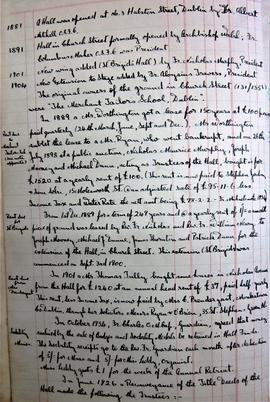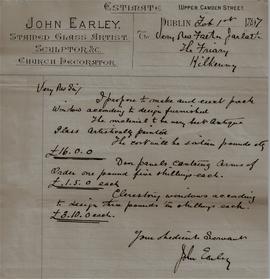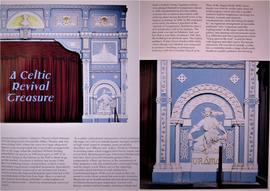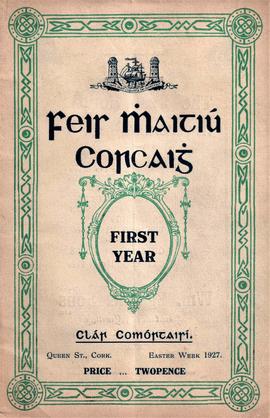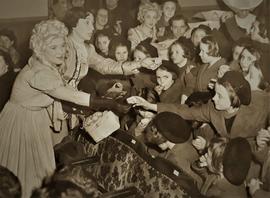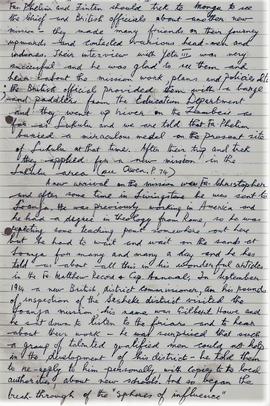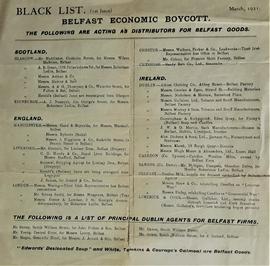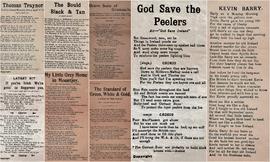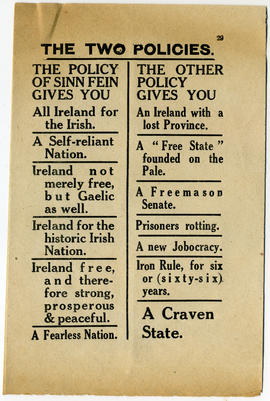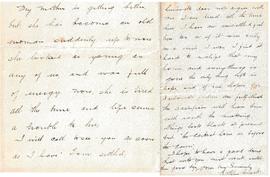- IE CA HA/1/3/8
- Dossier
- Sept. 1934-Sept. 1937
Fait partie de Irish Capuchin Archives
Expenditure and receipt book for Father Mathew Hall, Church Street. The inside cover is annotated with a ‘History of Fr. Mathew Hall – copied from the other ledger (1881-1926)’. The history reads: ‘1891: Hall in Church St. formally opened up by Archbishop Walsh. Fr. Columbus Maher OSFC (President)’. The history chronicles extensions, leases and other financial matters concerning the Hall property. The remainder of the volume is made up of expenditure and receipt accounts from Sept. 1934-Sept. 1937. Expenditure is listed under the headings of details, cash and cheques. Receipts are listed under details, cash, total and lodgements. The entries include figures for rents (to the Merchant Tailors), rates (to Dublin Corporation) and the sales of tickets for pantomimes and for various badges, medals, certificates and other paraphernalia.



